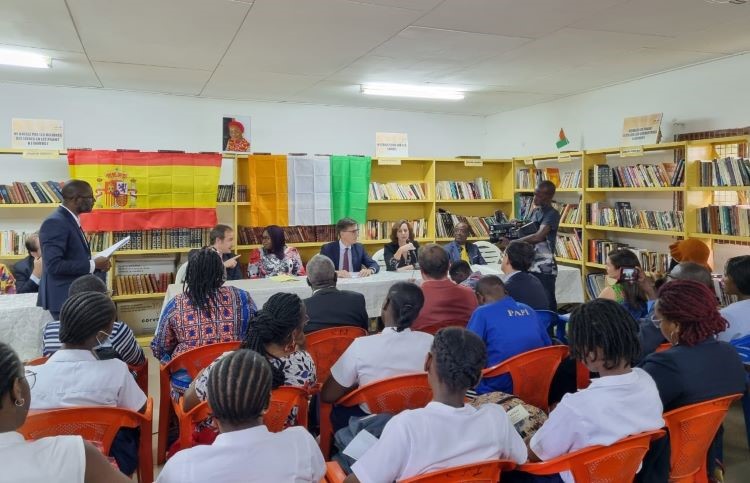The Diplomat
The Ministry of Health has renewed, for the sixth consecutive year, its contribution of 320,000 euros to develop the Transplantation Program of the World Health Organization (WHO) during the period 2022-2023.
On October 18, the Minister of Health, Carolina Darias, and the WHO Assistant Director General for Access to Medicines, Vaccines and Pharmaceuticals, Mariângela Simão, signed simultaneously in Madrid and Geneva the international administrative agreement to carry out cooperation activities in the field of donation and transplantation of human organs, cells and tissues during the period 2022-2023, under the Framework Agreement for Cooperation between Spain and the WHO of September 12, 2001.
The objective of this international agreement, which came into force on November 1 and was published in the Official State Gazette last Tuesday, is to facilitate technical support by the National Transplant Organization (ONT) for the maintenance of the Global Observatory on Donation and Transplantation (GODT), a body established in Madrid in December 2005 following the signing of a joint declaration of intent between the Spanish Ministry of Health and the WHO.
The other main objective of the agreement is to help strengthen the capacity of member states to increase public access to transplantation therapy, improve the quality and safety of organs, tissues and cells for clinical use in humans, and ensure compliance with WHO’s guiding principles on human cell, tissue and organ transplantation.
Under the International Administrative Agreement, the Spanish Ministry of Health will make a financial contribution of 320,000 euros to the WHO (subject to budgetary availability) for the maintenance of the organ, tissue and cell transplantation program. The activities covered by this agreement began last November 1 and will end on October 31, 2023. In the Ministry’s five previous international administrative agreements with the WHO, dated November 1, 2016, 2018, 2019, 2020 and 2021, Spain also pledged 320,000 euros.
According to the latest data from the World Registry of Transplants – managed by the ONT as a WHO collaborating center – published in mid-September, Spain contributed 22% of the total number of donors in the European Union and 5% of those registered in the world in 2021, despite the fact that Spain barely represents 10.6% of the European population and 0.6% of the world population, which allows our country to maintain its international leadership in donation and transplantation.
According to the same data, transplant activity after the pandemic has recovered worldwide, with an increase of more than 13 percent during the 2021 financial year. “Croatia, Belgium or Portugal, countries that have incorporated elements of the Spanish transplant model into their systems, not only maintain a privileged position at the European level in terms of donation, but have also shown clear signs of recovery from the health crisis,” the ONT added in its press release.







